Could You Have a Binge Eating Disorder?
Binge eating is an addictive behavior — and, in fact, many people with disordered eating also have substance use disorders. Some individuals turn to heroin and cocaine, for example, to boost weight loss and increase metabolism or abuse over-the-counter medications to suppress appetite or purge their body. Food and body image struggles can also surface during early recovery, after the substance use has ceased.
Like an addiction to alcohol or drugs, people with BED turn to food as a way to self-medicate. And just like other types of addiction, this attempt usually backfires and leads to greater self-loathing, reduced emotional security, and poor coping skills.
Symptoms of Binge-Eating Disorder
Do any of these signs of binge-eating disorder sound familiar?
- You can’t seem to control what or how much you eat
- You consume large amounts of food in a short period of time (a couple of hours) — even if you’re not physically hungry
- You frequently eat until you’re uncomfortably full.
- You feel depressed, guilty, ashamed, or disgusted after eating.
- You often eat alone or in secret
- You diet frequently, but without weight loss
- You have a loss of sexual desire
Disordered Eating During Recovery
Could you have a binge eating disorder? At Red Oak Recovery®, we understand that substance use can often go hand in hand with disordered eating. Our nutritional therapy program assists clients in creating a healthy relationship with food. To learn more, call: 866.457.7426.









